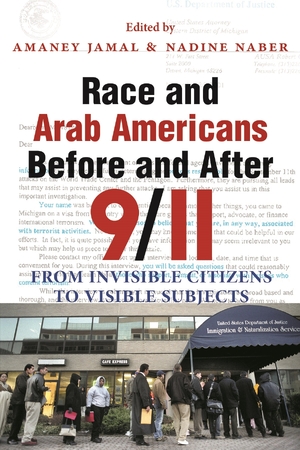"There is much to be learned from reading the author's thoughtful scholarly monograph, destined to become a classic piece of scholarship that does much to advance the study of women’s experiences in a post-9/11 world. Highly Recommended"—Choice
"A valuable contribution to our understanding of the multiple ways 9/11 has and has not ‘changed everything’ for women in different locations and situations."—Francine D’Amico, associate professor of international relations, Maxwell School of Citizenship and Public Affairs, Syracuse University
"Only Bronwyn Winter - with the depth and breadth of her knowledge of international affairs - could cast such an illuminating critical feminist spotlight on violence and insecurity across world regions. A tour de force."—Valentine Moghadam, professor of sociology, Northeastern University
"The book will be an insightful read for students, academics and policy makers. The approach taken by Winter in this book is in-depth and easy to read. One cannot imagine any reader possessing an interest in international politics, global governance, and/or women’s rights going away unaffected by this read even if they are not engaged academically with the above-mentioned fields or vocationally with policy making."—Academic Council on the United Nations System
Description
September 11 has become a temporal and symbolic marker of the world’s brutal entry into the third millennium. Nearly all discussions of world politics today include a tacit, if not overt, reference to that historical moment. A decade and a half on, Winter considers the impact of 9/11 on women around the world. How were women affected by the events of that day? Were all women affected in the same way? Which aspects of their lives have been discussed in the post-9/11 scenario? Based on theoretical reflection, empirical research, and fieldwork in different parts of the world, each chapter of the book considers a different post-9/11 issue in relation to women: global governance, human security, globalized militarism, identity and sexuality in transnational feminist movements, and religion—particularly Islam. Winter deepens our understanding of the transnational interconnectedness of women’s experiences and explores the response of feminist politics to a post-9/11 world.
About the Author
Bronwyn Winter is deputy director of the European studies program and participating professor in the international and global studies program at the University of Sydney. She is the author of Hijab and the Republic: Uncovering the French Headscarf Debate.
Related Interest
March 2017




